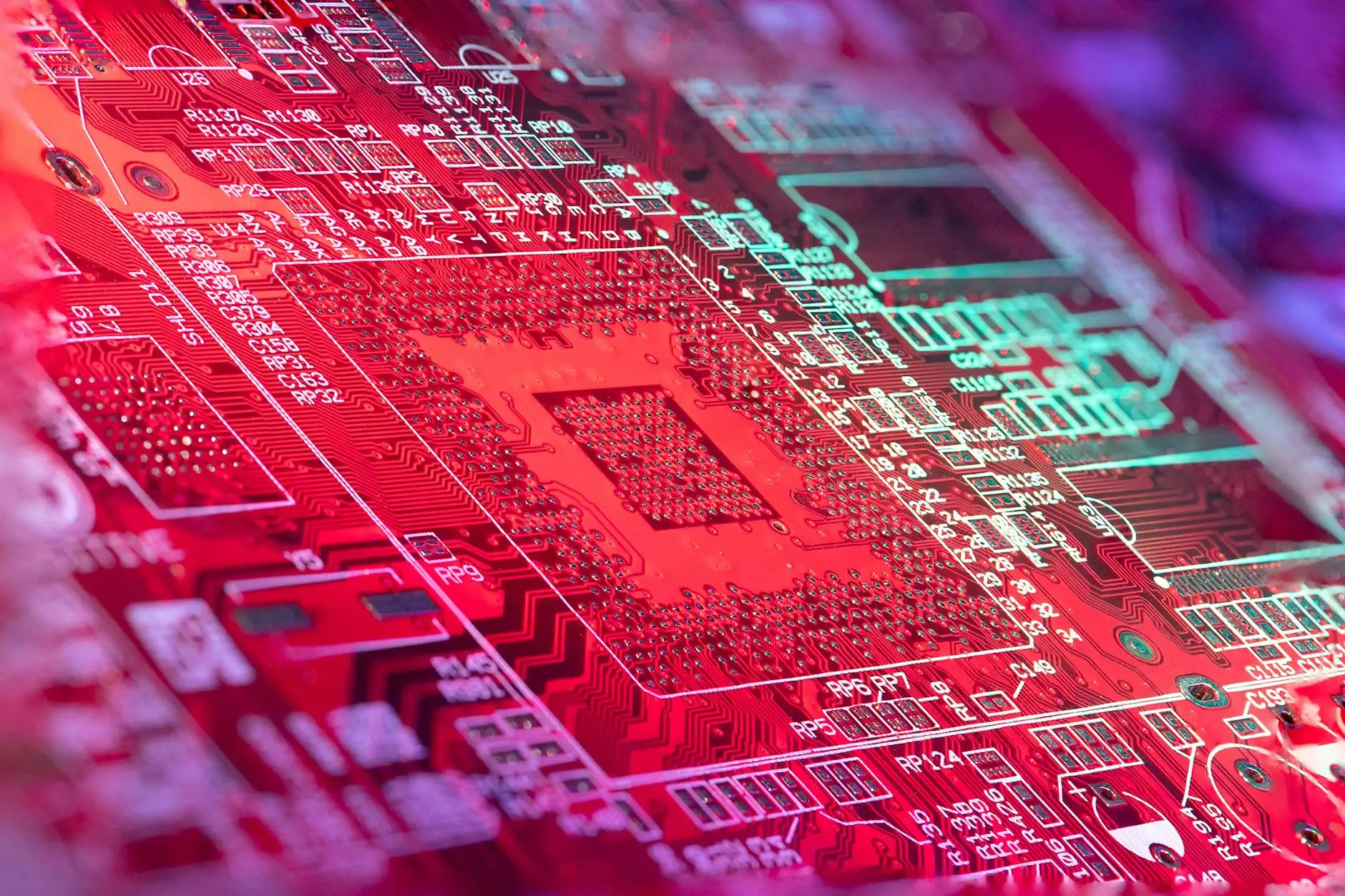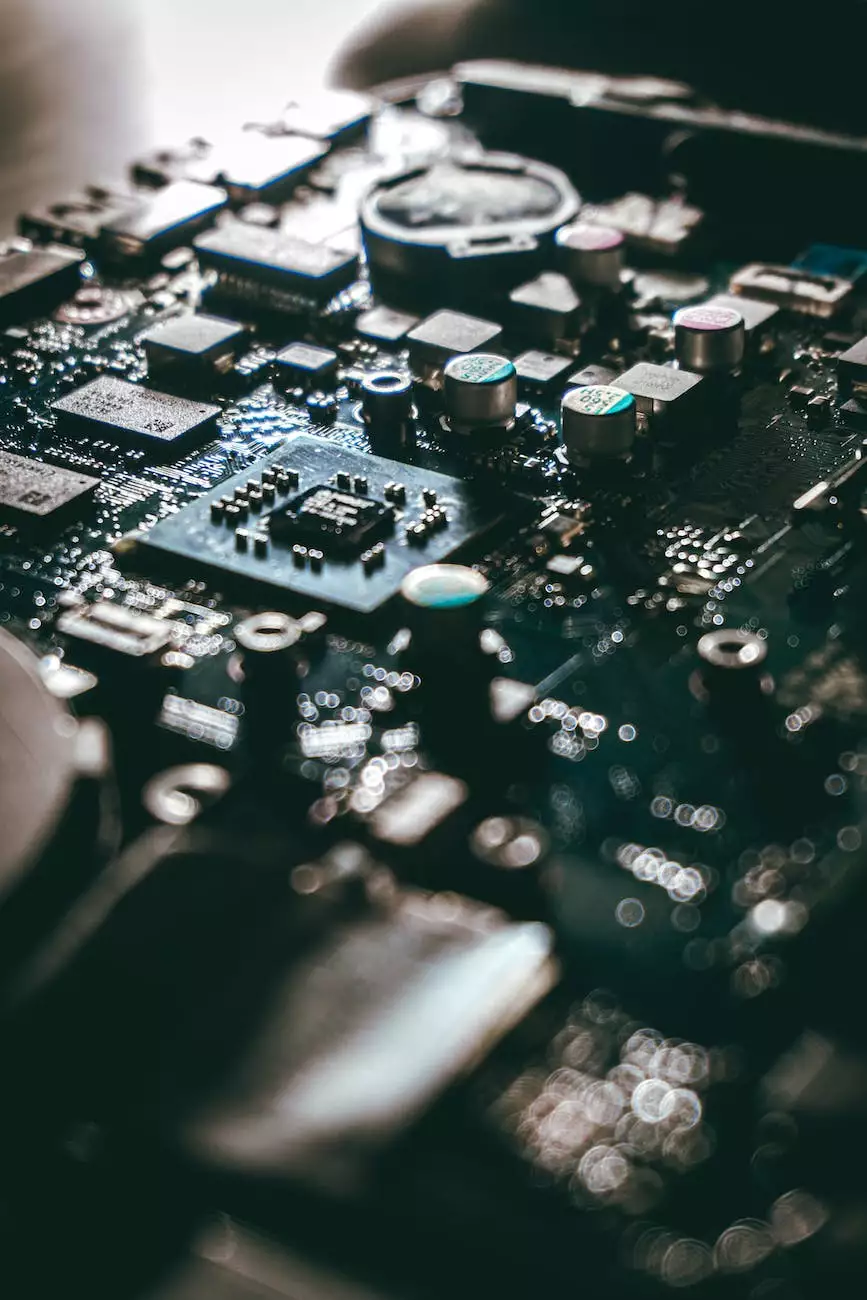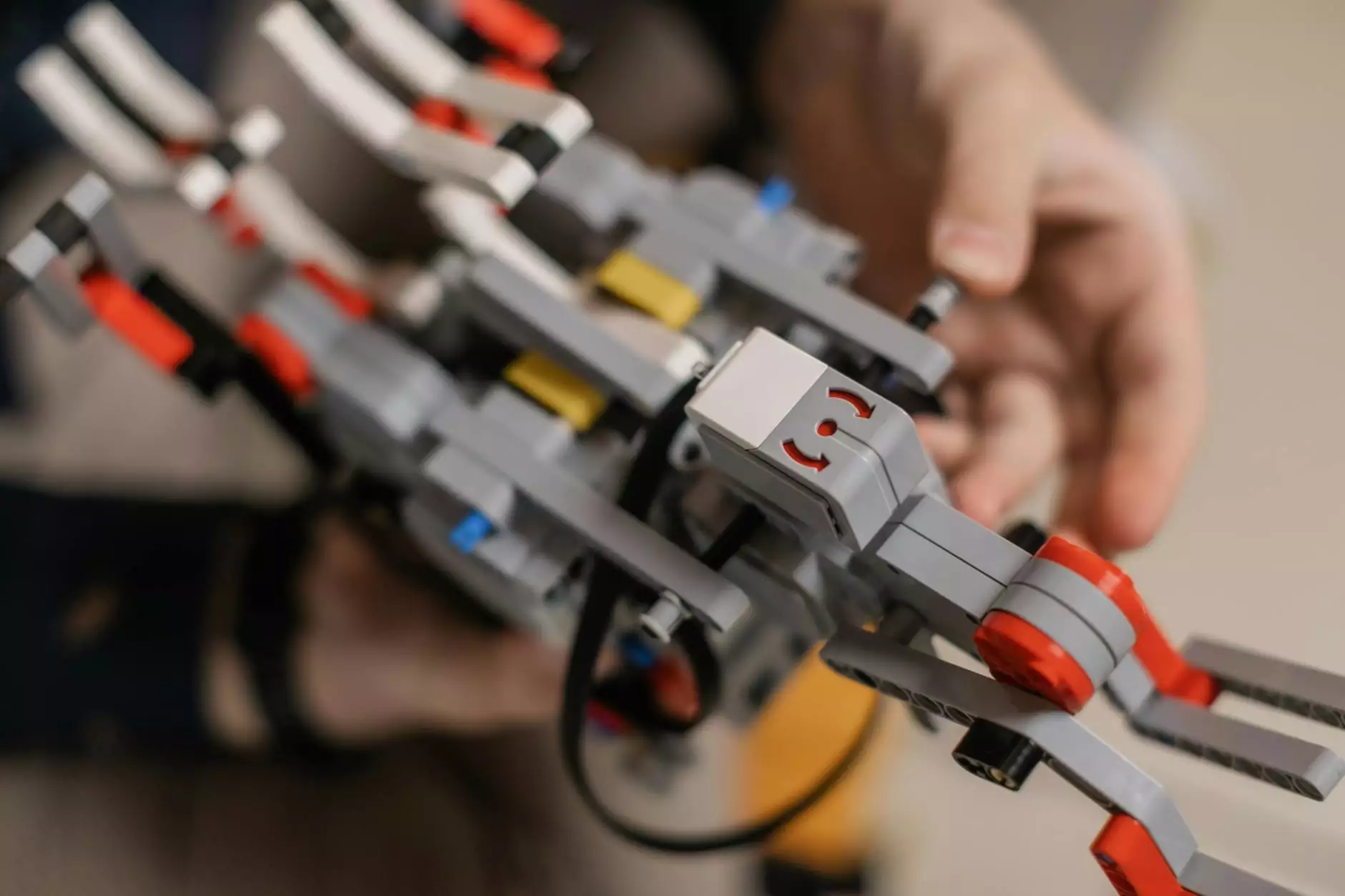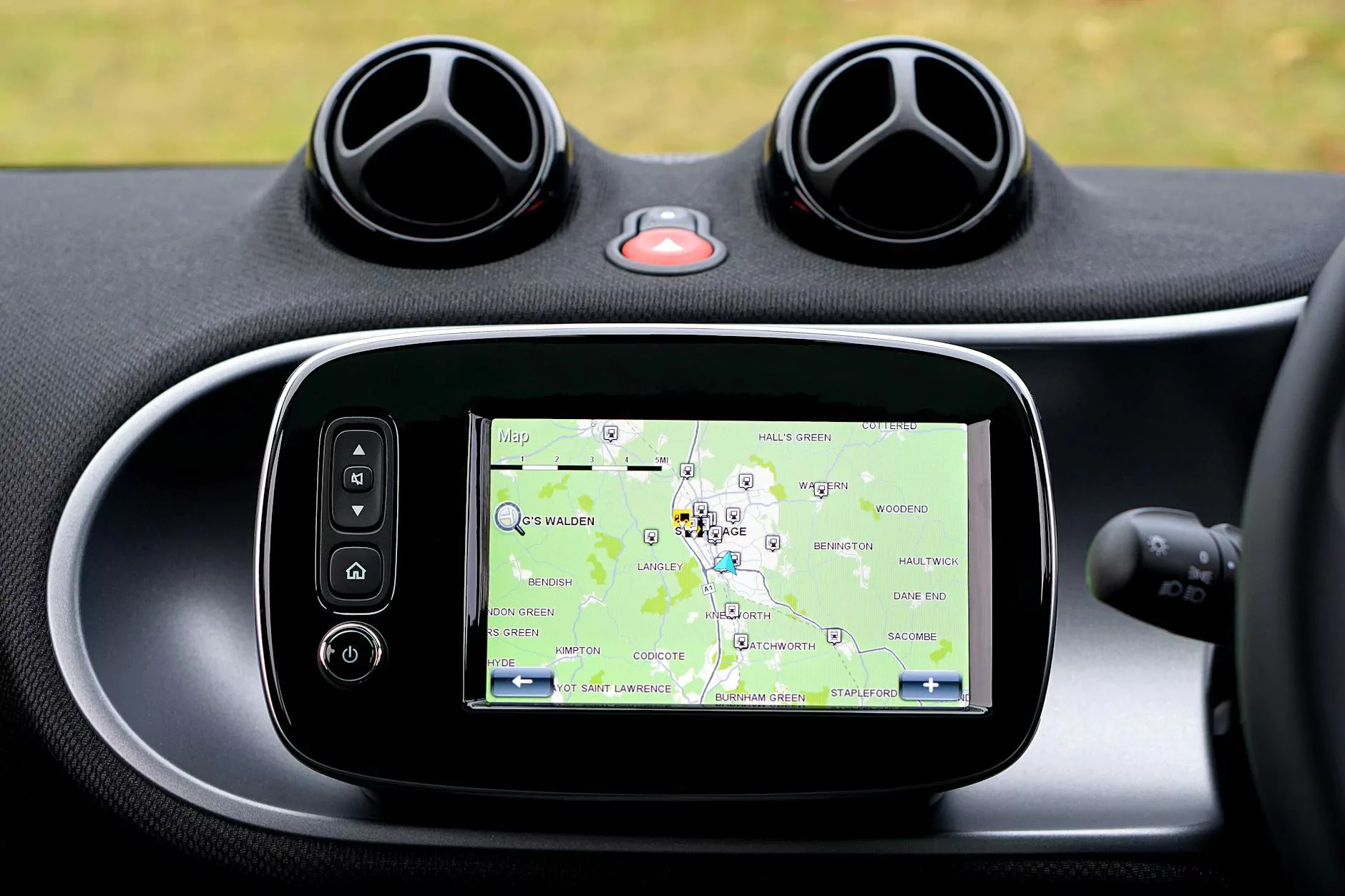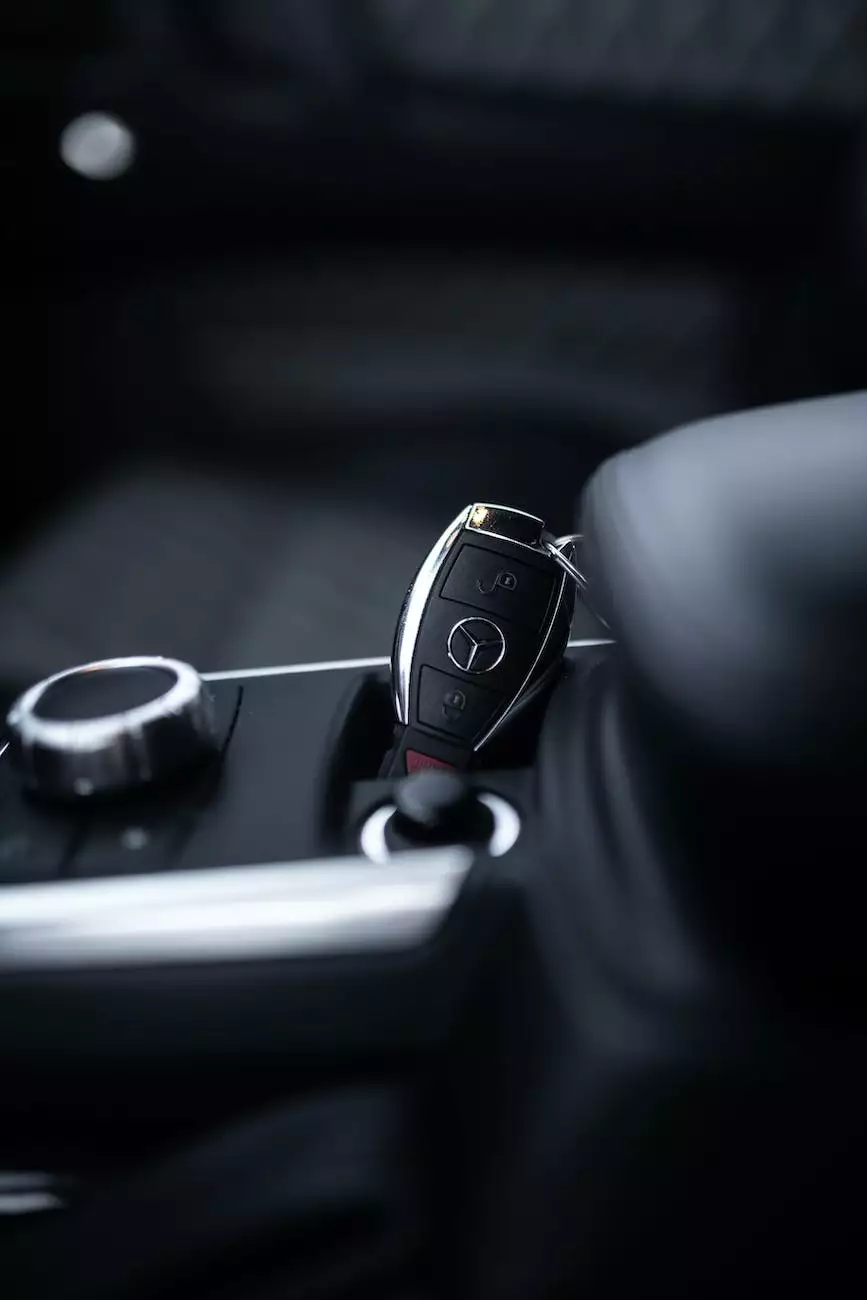Trends in Today's Industrial Manufacturing Automation
Blog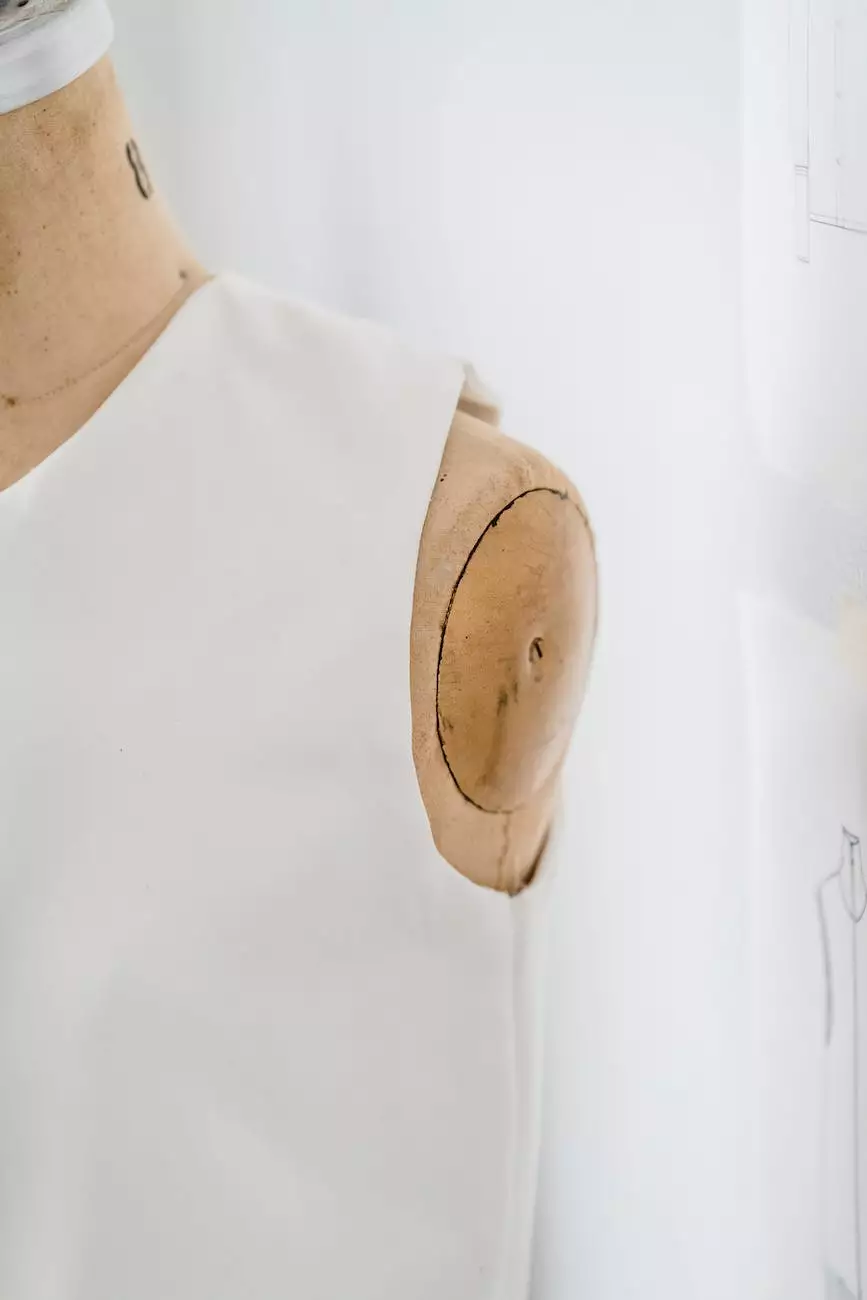
The Evolution of Industrial Manufacturing Automation
Industrial manufacturing automation has come a long way in recent years, revolutionizing the way businesses operate and produce goods. With advancements in technology and the rise of the Fourth Industrial Revolution, automation has become an integral part of the manufacturing industry.
Increased Efficiency and Productivity
One of the key trends in industrial manufacturing automation is the focus on improving efficiency and productivity. Automation streamlines processes, reduces manual labor, and optimizes resource utilization, allowing businesses to achieve higher production rates and output quality products in less time.
Robotics and Artificial Intelligence
Robotic automation and artificial intelligence (AI) are playing a significant role in reshaping the manufacturing landscape. Robots equipped with AI capabilities can perform complex tasks with precision and accuracy, enhancing overall productivity and reducing human errors. These advancements not only increase efficiency but also contribute to improved workplace safety.
Internet of Things (IoT) in Manufacturing
The integration of IoT devices and sensors in the manufacturing sector has opened up new avenues for automation. Connected machines and equipment can communicate and share data in real-time, enabling predictive maintenance, remote monitoring, and data-driven decision-making. IoT technology enables manufacturers to identify bottlenecks, optimize workflows, and improve overall operational efficiency.
Adapting to Changing Consumer Demands
Consumer demands are constantly evolving, and industrial manufacturing automation must adapt to meet these changing expectations. Customization and personalization have become key factors in consumer decision-making, and automation offers the agility and flexibility required to meet these demands.
Additive Manufacturing and 3D Printing
Additive manufacturing, commonly known as 3D printing, is revolutionizing the production process. It enables the creation of complex designs and the rapid prototyping of products, reducing time-to-market and allowing for on-demand manufacturing. With 3D printing, manufacturers can easily customize products to meet individual customer preferences without the need for expensive tooling.
Smart Factories and Digital Twins
The concept of smart factories, powered by automation and digital technologies, is gaining traction in the manufacturing industry. By adopting digital twin technology, manufacturers can create virtual replicas of physical assets or processes. These digital twins simulate real-world scenarios, allowing businesses to optimize operations, identify potential issues, and make data-driven decisions in real-time.
Sustainability and Green Manufacturing
In today's world, sustainability is a critical consideration for businesses. Industrial manufacturing automation presents opportunities to minimize environmental impacts, reduce waste, and conserve resources.
Energy-Efficient Processes
Automation enables manufacturers to optimize energy consumption and minimize wastage. Intelligent systems can monitor energy usage, identify inefficiencies, and trigger automatic adjustments to optimize energy consumption, resulting in reduced operational costs and a smaller carbon footprint.
Recycling and Waste Reduction
Automated sorting and recycling processes have become essential components of green manufacturing. Automation technologies can efficiently separate recyclable materials, reducing the amount of waste sent to landfills and conserving valuable resources. By embracing automation, manufacturers can contribute to a circular economy and reduce their overall environmental impact.
The Future of Industrial Manufacturing Automation
The future of industrial manufacturing automation is promising, with ongoing research and development driving continuous innovation and advancement.
Collaborative Robots
Collaborative robots, also known as cobots, are designed to work safely alongside humans. These robots are equipped with advanced sensors and technologies that allow them to interact with human operators, expanding the possibilities for human-robot collaboration. The use of cobots can enhance efficiency, boost productivity, and create safer working environments.
Artificial Intelligence and Machine Learning
As AI and machine learning technologies continue to evolve, they will play an even more significant role in industrial manufacturing automation. Predictive analytics and intelligent algorithms can improve decision-making, optimize production schedules, and enable proactive maintenance, leading to increased productivity and cost savings.
Stay Ahead with RPM Design and Prototype
RPM Design and Prototype is a leader in industrial manufacturing automation, offering cutting-edge solutions to help businesses stay ahead of the competition. With our expertise and deep understanding of the latest trends, we can customize automation solutions to meet your specific needs.
Why Choose RPM Design and Prototype?
- 1. Experience: With over a decade of experience in the industry, we have a proven track record of delivering successful automation projects.
- 2. Customization: We understand that each business has unique requirements. Our team of experts will work closely with you to develop tailored automation solutions.
- 3. Technological Expertise: We stay at the forefront of technological advancements, ensuring that our clients benefit from the latest innovations in industrial manufacturing automation.
- 4. Client Satisfaction: Our top priority is client satisfaction. We strive to exceed expectations and deliver exceptional results.
Don't get left behind in the rapidly evolving world of industrial manufacturing automation. Contact RPM Design and Prototype today and take the first step towards a more efficient and productive future.

